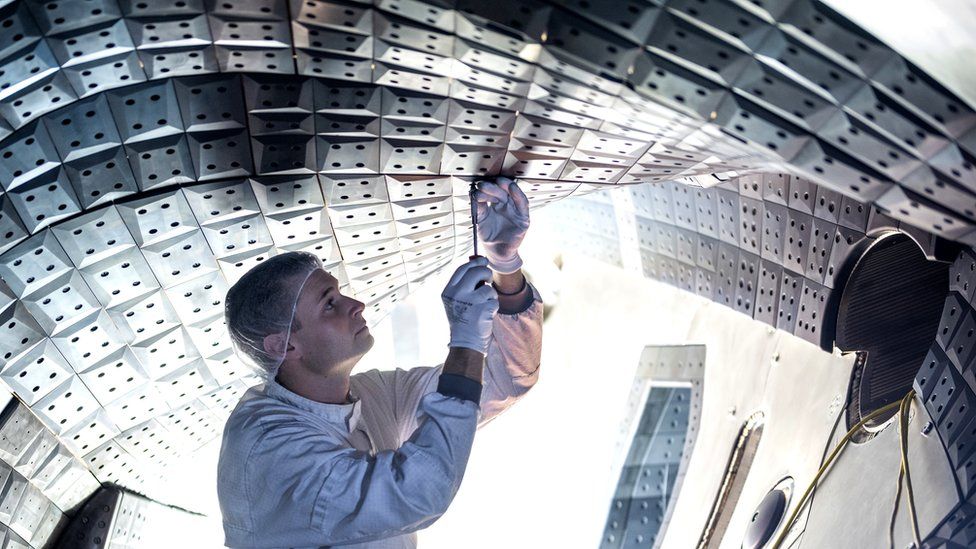-

-
-
Loading

Loading

The German government has recently announced an additional €370 million ($390 million) in funding for nuclear fusion research and development, bringing the total budget for the next five years to €1 billion. The government aims to create a fusion ecosystem with industry to expedite the development of a fusion power plant in Germany. Nuclear fusion is the process that powers the sun and has the potential to provide abundant, cheap, and emission-free electricity if harnessed on Earth. However, there are significant engineering challenges that need to be overcome. Despite progress made by private firms and government projects worldwide, some believe that the fresh government investment has come too late. Marvel Fusion, one of four German fusion start-ups, has chosen to build its laser fusion facility in the US due to perceived delays and lack of political commitment and subsidies in Germany. The remaining three German fusion start-ups - Proxima Fusion, Gauss Fusion, and Focused Energy - have agreed to collaborate to accelerate research and development. Germany's engineering strength and excellence in nuclear fusion research position the nation well to drive reactor development. Research bodies like the Max Planck Institute for Plasma Physics and the Karlsruhe Institute of Technology have been contributing to joint international efforts and have made significant progress. The collaboration between research institutes and private enterprise is seen as crucial to advancing fusion power as quickly as possible. The chief executive of Gauss Fusion believes that industry involvement would have expedited fusion power's integration into the grid. While fusion power plants are not a short-term solution, both industry and experts agree that they could become a reality in the second half of the century. In the meantime, immediate green solutions are necessary to reduce carbon emissions and meet energy needs.